Giovanna Fessenden Presents at MIP International Women's Leadership Forum in London
When
February 9, 2017
Where
London,
England
Giovanna Fessenden was a panelist at the MIP International Women's Leadership Forum on February 9th, 2017 in London, where she spoke at a forum on U.S. patent law developments. She discussed the evolving legal environment she has experienced in her patent prosecution practice during the last 15 years and how she has changed her practice in response to legal trends. Giovanna spoke about how the U.S. patent system was distinct from that of most other countries because it was shaped not only by statutory law but court decisions (stare decisis). Giovanna noted, “Patent attorneys have to look into the future to try to anticipate potential changes in the case law, and we have to adjust our patent prosecution practice accordingly.”
She shared some of her patent prosecution strategies that she incorporates into her practice in response to case law trends. For example, by stating in the patent application that certain technical features related to the invention may be “important” or “required,” the patent applicant runs the risk of having a court interpret the claims of any resulting patent as requiring those technical features. To avoid this, Giovanna recommends describing these features in the application and throughout prosecution as “embodiments.”
Giovanna also discussed how recent court decisions have trended towards increased scrutiny in subject matter eligibility of software related inventions. She explained that the risk of subject matter eligibility rejections has caused her to write her software related patent applications differently. Giovanna recommends including substantial support in the application for technical advantages of each claimed feature of the invention. Giovanna indicates that having substantial support for technical advantages correlated to claimed features in your specifications can help ensure that you have a healthy patent application that is well positioned to combat subject matter eligibility rejections. However, Giovanna also notes that you should be careful to try to describe those “technical advantages” in a non-limiting way, as “embodiments.”




